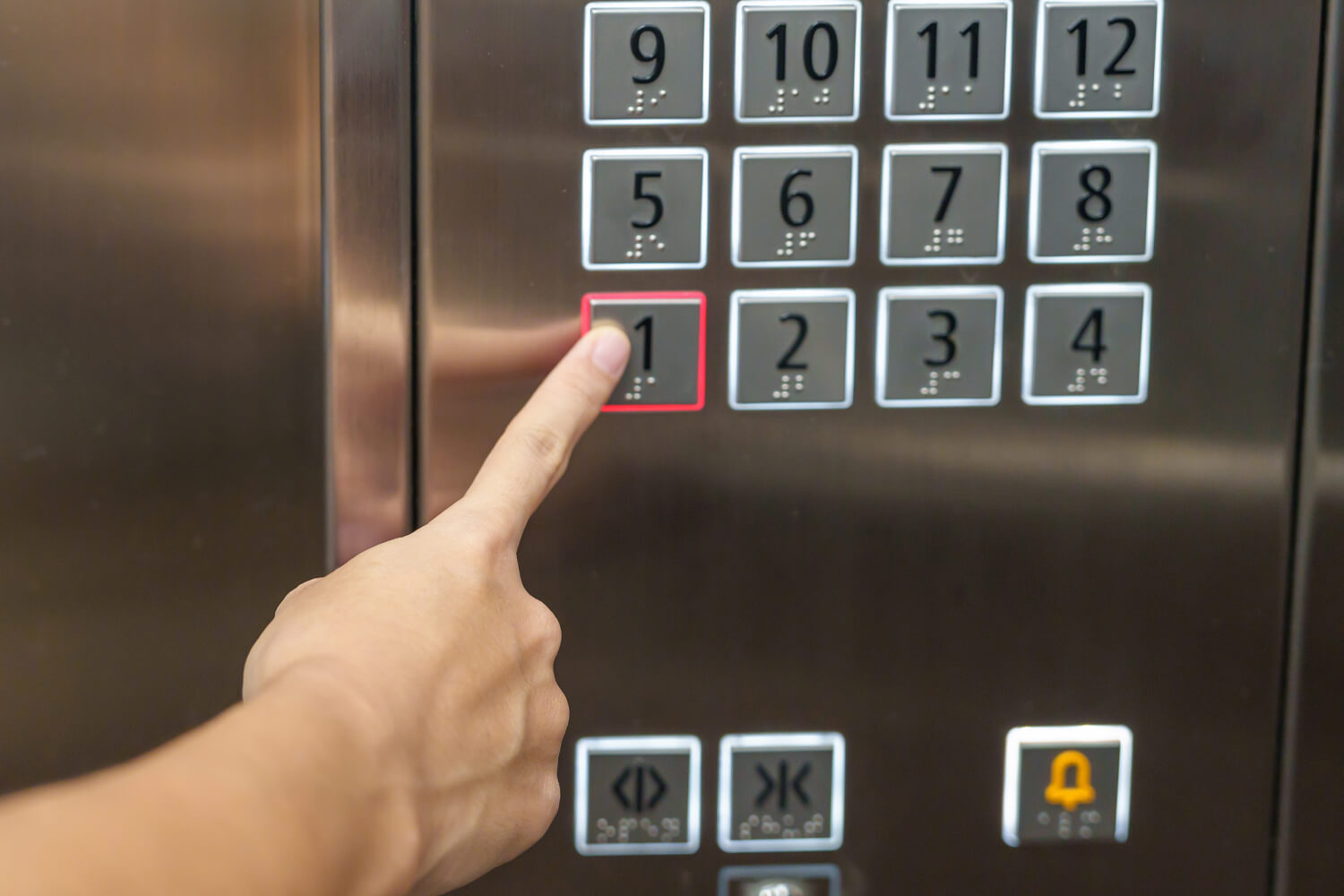If you have an elevator in your building, you may have wondered what would happen if the power went out. Elevators typically have built-in response systems for power outages, but these don’t mitigate risks entirely. So, are elevators required to be on emergency power sources?
An advanced elevator monitoring system can help keep your building up to code. Below, we discuss the legal requirements for elevator emergency power sources and provide tips on selecting which backup to use.
Power Requirements for All Commercial Elevators
The International Building Code (IBC) and ASME elevator code regulate elevators across the United States. The IBC requires all elevator-equipped buildings of four or more stories to have backup power sources. These emergency power standards apply equally to passenger and fire access elevators.
According to the regulations for elevator backup power, passenger elevators should have emergency lighting to provide occupants with egress illumination, which marks pathways between elevators and emergency exits. The machine room and all ventilation systems should also have a backup power source.
Elevator emergency power regulations require an electrical engineer to verify that all components meet the strict elevator emergency power standards and that nothing will overload the generator. Only an expert can make this determination, so it’s in your best interest as a property owner to schedule periodic inspections from a professional.
Why You Need Backup Power for Elevators
So, are elevators required to be on emergency power? Yes, but why?
Mandatory elevator backup power ensures systems continue functioning during outages, which can be critical in tall buildings. For example, occupants could get stuck near the top if your 10-story building loses power during a storm. Add a hurricane, earthquake, or other hazardous weather event into the mix, and you have a recipe for disaster.
To avoid this scenario, install a backup power system and have it serviced regularly. Backup power sources keep elevators working properly during energy outages so occupants can safely continue their ride and maximize their chances of escaping unharmed.
Backup Power Considerations for Your Elevator
To meet the emergency power requirements for elevators, you have multiple options, such as the following:
- Uninterrupted power supply: A UPS is less expensive and can provide a near-seamless power transition during an outage, though it may not sustain power for very long.
- Backup generators: Generators may take a few seconds to kick in but generally provide power far longer than UPS systems, making them ideal for buildings with higher occupancies.
Generators come in gasoline and diesel models, each providing advantages and disadvantages depending on your budget and preferences. For example, diesel is less flammable and more cost effective over time, while gasoline costs less up front.
ELEVATE Monitoring: Keeping You Up to Code
Are elevators required to be on emergency power? Yes, as elevator modernization progresses, buildings must meet strict requirements to keep occupants safe. If you have yet to install an elevator monitoring system, contact ELEVATE Monitoring at 877-990-9191 to keep your building up to code.


